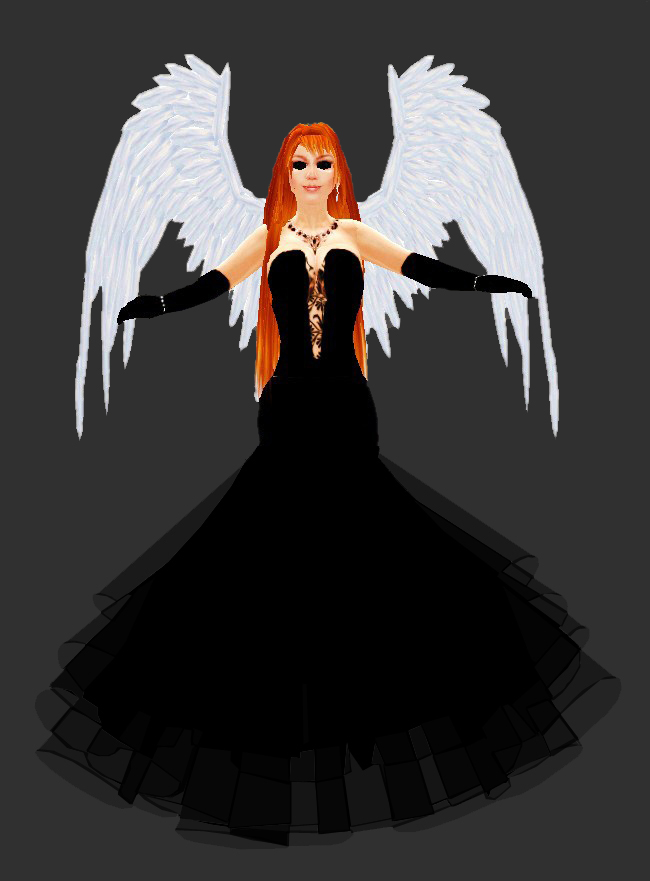Reversing a longstanding policy, the federal government said on Friday that human and other genes should not be eligible for patents because they are part of nature. The new position could have a huge impact on medicine and on the biotechnology industry.
The new position was declared in a friend-of-the-court brief filed by the Department of Justice late Friday in a case involving two human genes linked to breast and ovarian cancer.
“We acknowledge that this conclusion is contrary to the longstanding practice of the Patent and Trademark Office, as well as the practice of the National Institutes of Health and other government agencies that have in the past sought and obtained patents for isolated genomic DNA,” the brief said.
It is not clear if the position in the legal brief, which appears to have been the result of discussions among various government agencies, will be put into effect by the Patent Office.
If it were, it is likely to draw protests from some biotechnology companies that say such patents are vital to the development of diagnostic tests, drugs and the emerging field of personalized medicine, in which drugs are tailored for individual patients based on their genes.
“It’s major when the United States, in a filing, reverses decades of policies on an issue that everyone has been focused on for so long,” said Edward Reines, a patent attorney who represents biotechnology companies.
The issue of gene patents has long been a controversial and emotional one. Opponents say that genes are products of nature, not inventions, and should be the common heritage of mankind. They say that locking up basic genetic information in patents actually impedes medical progress. Proponents say genes isolated from the body are chemicals that are different from those found in the body and therefore are eligible for patents.
The Patent and Trademark Office has sided with the proponents and has issued thousands of patents on genes of various organisms, including on an estimated 20 percent of human genes.
But in its brief, the government said it now believed that the mere isolation of a gene, without further alteration or manipulation, does not change its nature.
“The chemical structure of native human genes is a product of nature, and it is no less a product of nature when that structure is ‘isolated’ from its natural environment than are cotton fibers that have been separated from cotton seeds or coal that has been extracted from the earth,” the brief said.
However, the government suggested such a change would have limited impact on the biotechnology industry because man-made manipulations of DNA, like methods to create genetically modified crops or gene therapies, could still be patented. Dr. James P. Evans, a professor of genetics and medicine at the University of North Carolina, who headed a government advisory task force on gene patents, called the government’s brief “a bit of a landmark, kind of a line in the sand.”
He said that although gene patents had been issued for decades, the patentability of genes had never been examined in court.
That changed when the American Civil Liberties Union and the Public Patent Foundation organized various individuals, medical researchers and societies to file a lawsuit challenging patents held by Myriad Genetics and the Research Foundation. The patents cover two genes, BRCA1 and BRCA2, and the over $3,000 analysis Myriad performs on the genes to see if women carry mutations that predispose them to breast and ovarian cancers.
In a surprise ruling in March, Judge Robert W. Sweet of the United States District Court in Manhattan ruled the patents invalid. He said that genes were important for the information they convey, and in that sense, an isolated gene was not really different from a gene in the body. The government said that that ruling prompted it to re-evaluate its policy.
Myriad and the University of Utah have appealed.
Saying that the questions in the case were “of great importance to the national economy, to medical science and to the public health,” the Justice Department filed an amicus brief that sided with neither party. While the government took the plaintiffs’ side on the issue of isolated DNA, it sided with Myriad on patentability of manipulated DNA.
Myriad and the plaintiffs did not comment on the government’s brief by deadline for this article.
Mr. Reines, the attorney, who is with the firm of Weil Gotshal & Manges and is not involved in the main part of the Myriad case, said he thought the Patent Office opposed the new position but was overruled by other agencies. A hint is that no lawyer from the Patent Office was listed on the brief.

